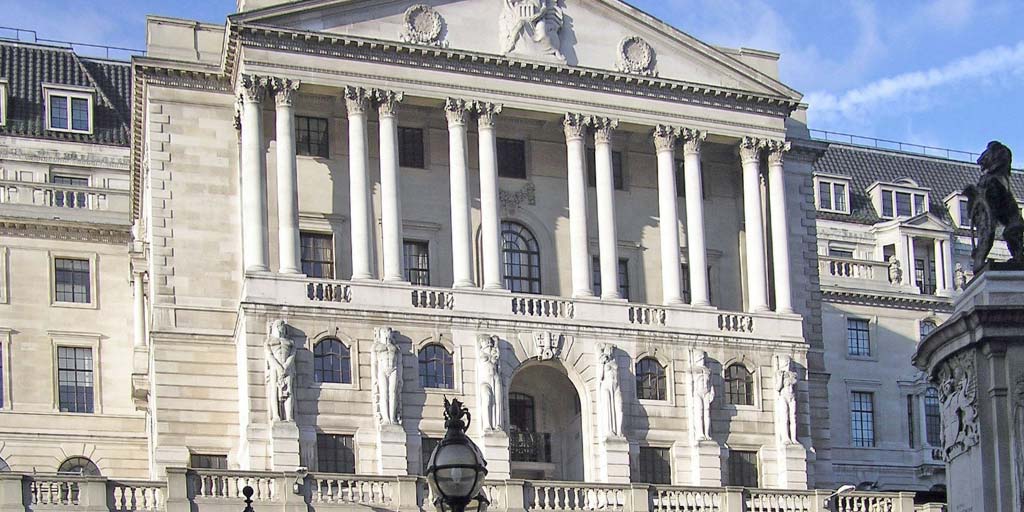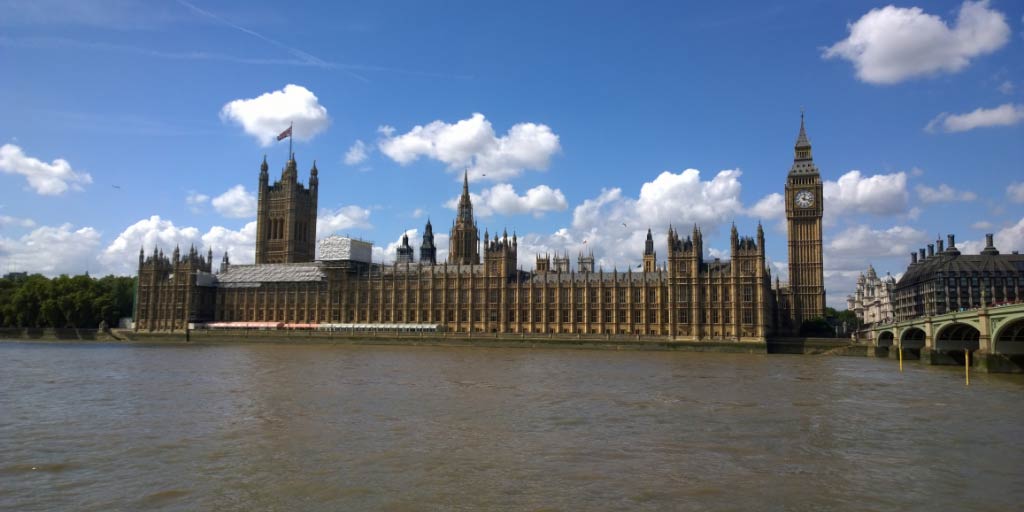This information should not be interpreted as financial, tax or legal advice. Mortgage and loan rates are subject to change.

Category: base rate
On 19th March, the top strategists in the Bank of England (BoE) elected to hold the Base Rate at 4.5 percent.
The motion to hold the Base Rate was decided by an 8-1 majority in the Monetary Policy Committee (MPC) in their latest meeting.
Major factors influencing their decision were fears of economic uncertainty, potentially damaging trade tariffs from foreign powers, and the ever-present risk of inflation rising further.
Andrew Bailey, governor of the BoE and MPC member, commented on the committee’s decision:
There’s a lot of economic uncertainty at the moment. We still think that interest rates are on a gradually declining path, but we’ve held them at 4.5% today.
We’ll be looking very closely at how the global and domestic economies are evolving at our six-weekly rate-setting meetings. Whatever happens, it’s our job to make sure that inflation stays low and stable.
What could be in store for the Base Rate?
Some economists remain confident that further Base Rate cuts will occur this year. Another cut in April would be in keeping with the trend of gradual quarterly Base Rate cuts, and Mr. Bailey’s stance on gradually declining interest rates points towards this as a high probability.
However, inflation unexpectedly rising to 3 percent earlier this year, combined with various global economic shocks, has made the situation less certain than it once was.
As always, the MPC closely monitor economic activity and exercise caution in order to reduce risk. Therefore, April could see another repeat story of the Base Rate holding at 4.5 percent.
There are MPC members, such as Catherine Mann, who regularly vote for a more conservative approach of holding or increasing the Base Rate. In the next meeting, these members could plausibly outnumber those in favour of cutting, just as we saw in March.
If additional shocks cause inflation to rise further, there is always the possibility that the MPC could reluctantly decide to increase the Base Rate to help curb inflation.
Tying into this, the BoE has recently launched catastrophe stress tests for seven of the largest lenders in the UK, showing that they are keen to study the companies’ resilience against economic shocks.
Impact on private landlords
The announcement of the Base Rate holding is overall good news for private landlords, as it is a key indicator of stability in the property and mortgage markets. Landlords on variable rate mortgages can continue to benefit from stable interest payments.
The prospect of another Base Rate cut could signal lenders to offer more competitive products. However, the fact that it has been held at 4.5 percent means that lenders are not currently making big changes to their product line-ups.
If you are looking to remortgage or purchase, there are still sub-3 percent interest rate products available. Contact us today to explore your options.


